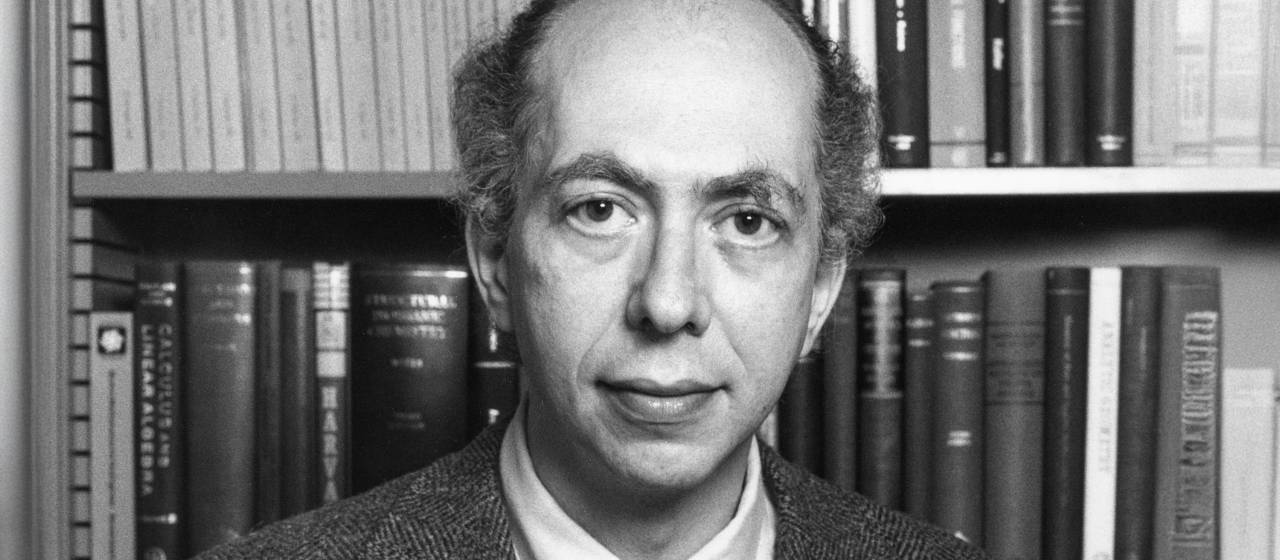Morton Kostin, an esteemed emeritus professor of Chemical and Biological Engineering, has died at the age of 89. His passing marks the end of a distinguished career that significantly advanced the theoretical foundations of chemical engineering. Kostin joined the faculty at Princeton University in July 1964 and remained an influential presence until his retirement in July 2013.
Known for his commitment to teaching and mentoring students, Kostin was revered for his clear, methodical approach in the classroom. He demanded excellence while empowering students to excel in their respective fields. Ruben Carbonella, one of Kostin’s earliest graduate students who graduated in 1973, recalled, “He was a very good teacher. He was very clear, very methodical, and very, very demanding.” Carbonella emphasized that Kostin challenged students to critically evaluate their methods to ensure a solid understanding of underlying theories.
Two of Kostin’s former students, Carbonella and William Gray, who graduated in 1974, have been elected as members of the National Academy of Engineering, reflecting the profound impact Kostin had on their careers.
A Pioneer in Quantum Mechanics and Chemical Kinetics
Throughout his career, Kostin maintained a wide-ranging academic portfolio that included interests in fluid dynamics, quantum mechanics, and chemical reaction kinetics. He was among the pioneering chemical engineers investigating quantum mechanics to better understand molecular dynamics, specifically how molecules rearrange during reactions. Carbonella noted, “He was probably one of the very first or very few chemical engineers at the time working in quantum mechanics.”
One of Kostin’s notable contributions was an equation that sought to describe the concept of dissipation in chemical engineering. This concept illustrates how useful energy can be lost to less useful forms, such as heat. Although specific applications of this equation have proven valuable, the general problem remains unsolved.
As his career progressed, Kostin increasingly focused on the study of chemical kinetics, dedicating himself to deriving fundamental equations that explain the rates of chemical reactions. He took a keen interest in the behavior of chemical reactions involving “hot atoms”—atoms or molecules that possess significantly higher energy compared to their surroundings. This area of study is crucial in both atmospheric chemistry and pharmaceutical development.
Educational Background and Professional Contributions
Born in Chicago in 1936, Kostin received his bachelor’s degree from the Cooper Union and completed his master’s and doctoral degrees at Harvard University. His academic journey at Princeton began as a research associate, later leading to roles as a Sloan Postdoctoral Fellow and visiting lecturer. He became an assistant professor in 1964, the same year he completed his Ph.D., and was promoted to associate professor in 1968 and then to full professor in 1976.
Kostin was an active member of the American Physical Society and the American Institute of Chemical Engineers, demonstrating his commitment to the field beyond the classroom. His legacy is honored through contributions in his name, which may be directed to Common Cause.
As the academic community reflects on his life and contributions, tributes continue to pour in, celebrating Kostin’s profound influence on generations of engineers and scientists. His commitment to excellence and innovation will be remembered in the ongoing work of his students and colleagues.





































































